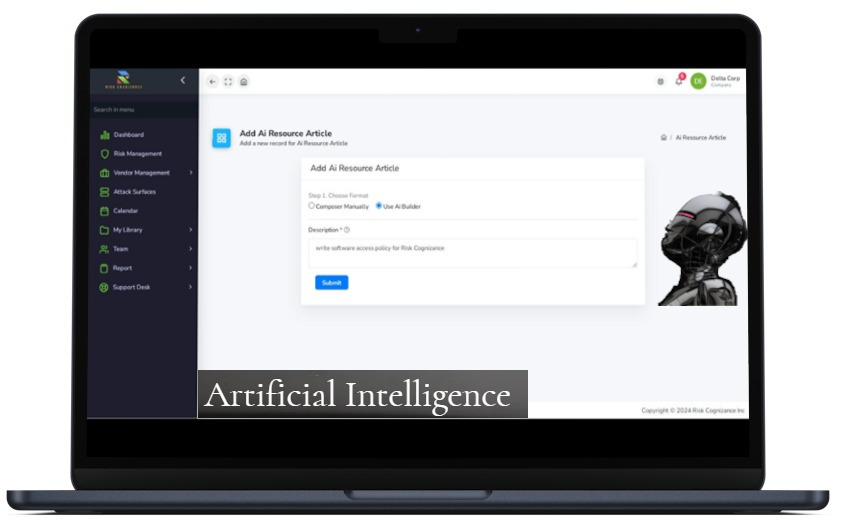Overview
Compliance is a critical component of Governance, Risk, and Compliance (GRC), focusing on ensuring that an organization adheres to all applicable laws, regulations, standards, and internal policies. It is essential for maintaining business integrity, reducing risk, and aligning operations with strategic goals.
Risk Cognizance offers a comprehensive GRC platform designed to streamline and simplify compliance management. With a suite of features tailored for regulatory adherence, our platform supports organizations in meeting their compliance requirements efficiently.
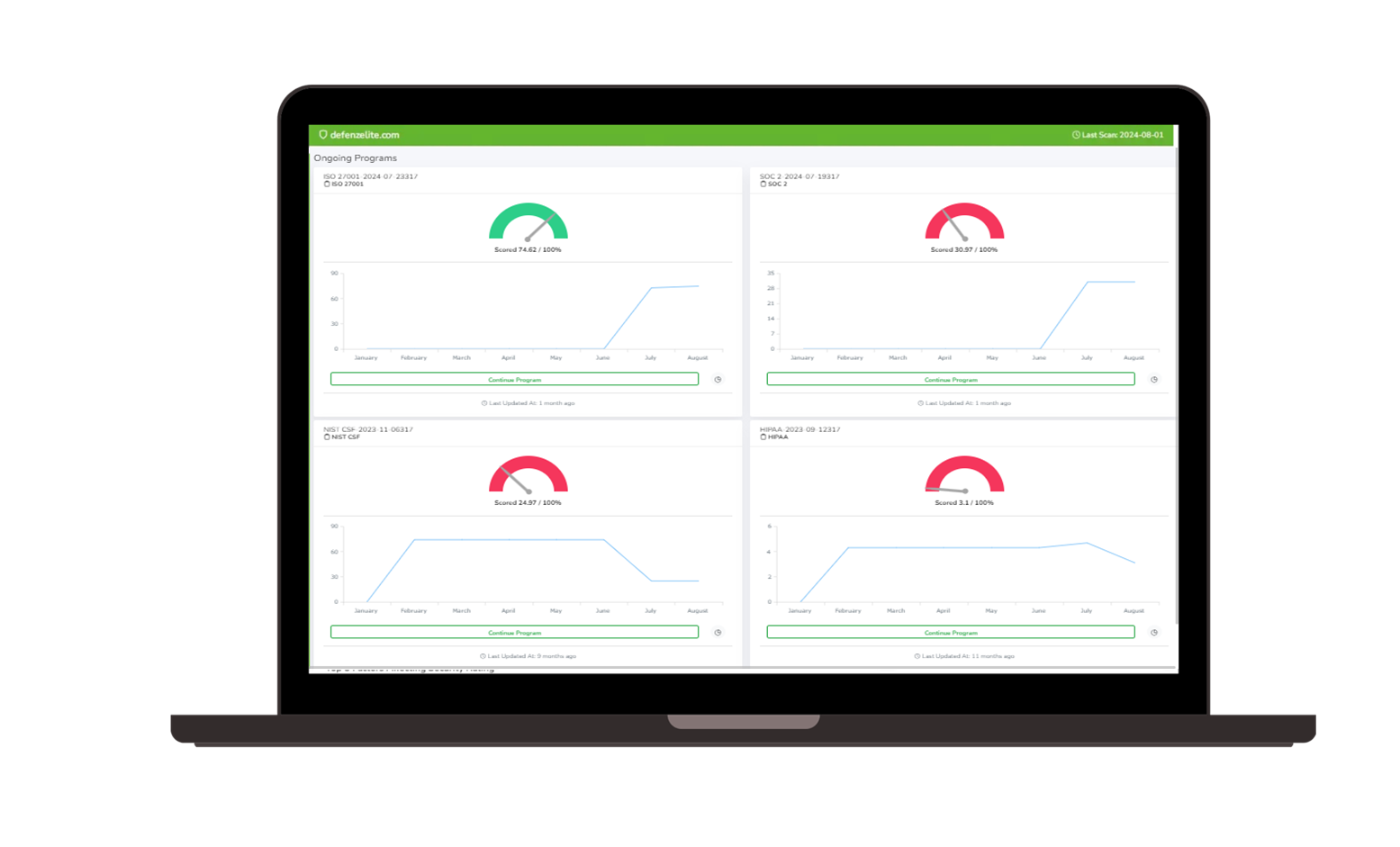 Governance, Risk, and Compliance (GRC) | 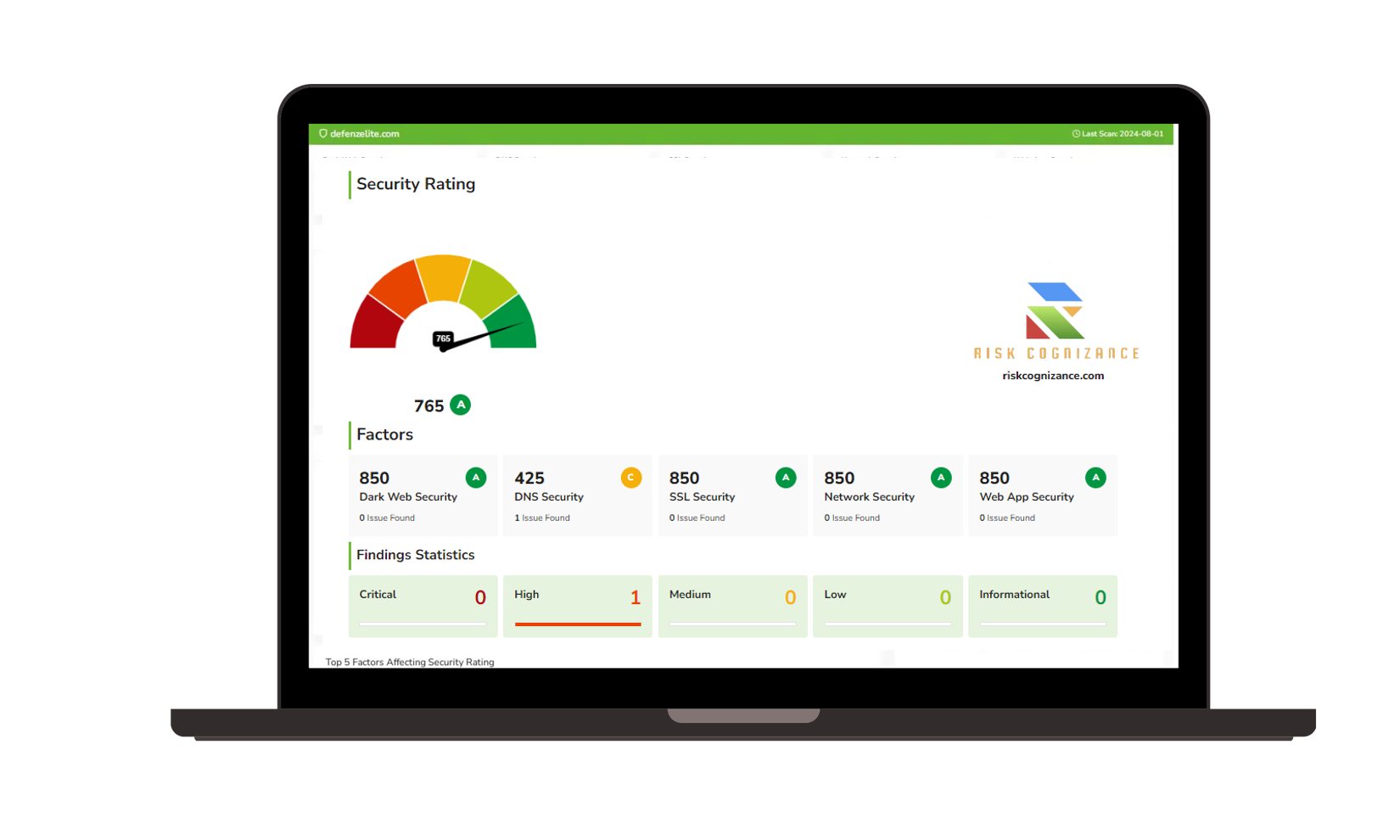 Third-party Risk Management |
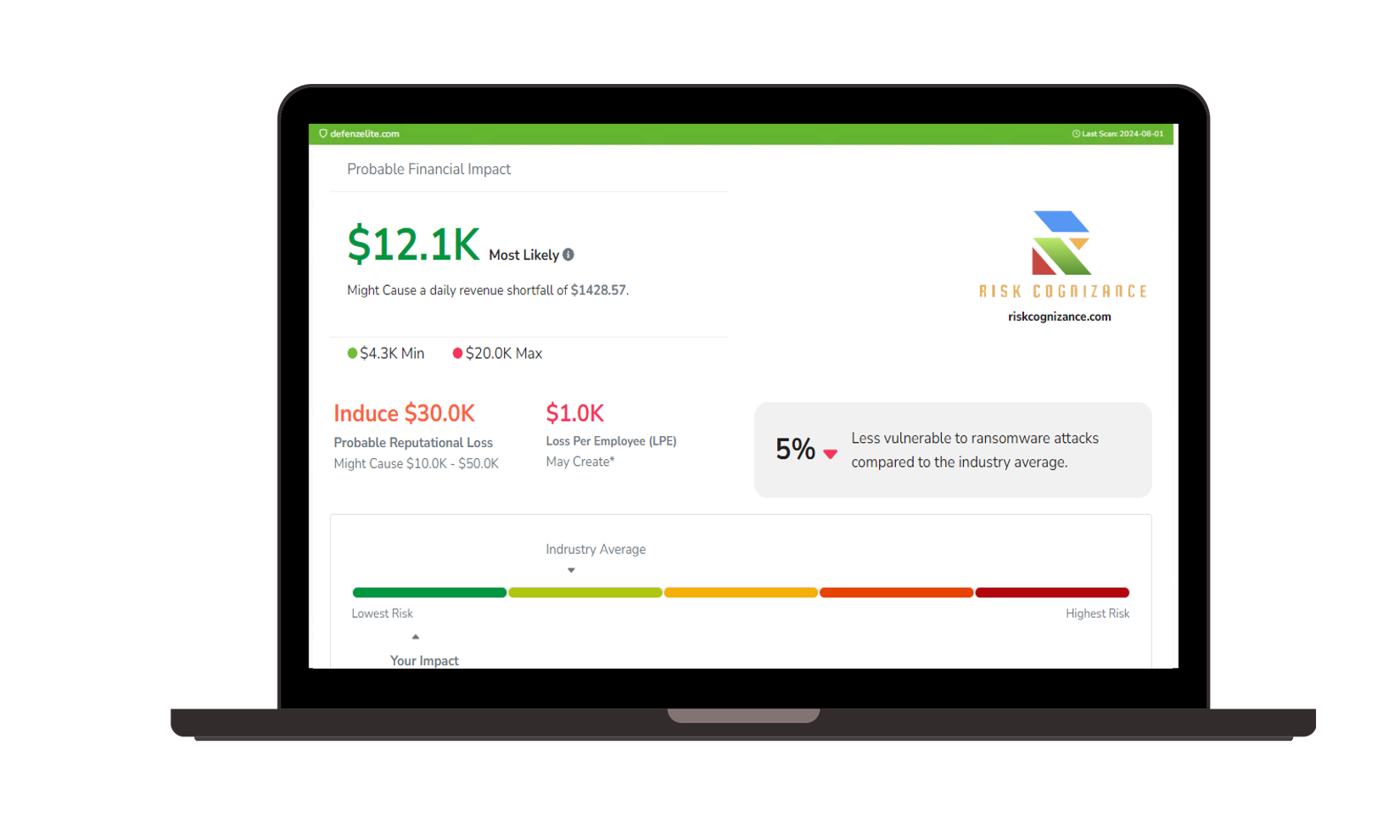 Ransomware Susceptibility | 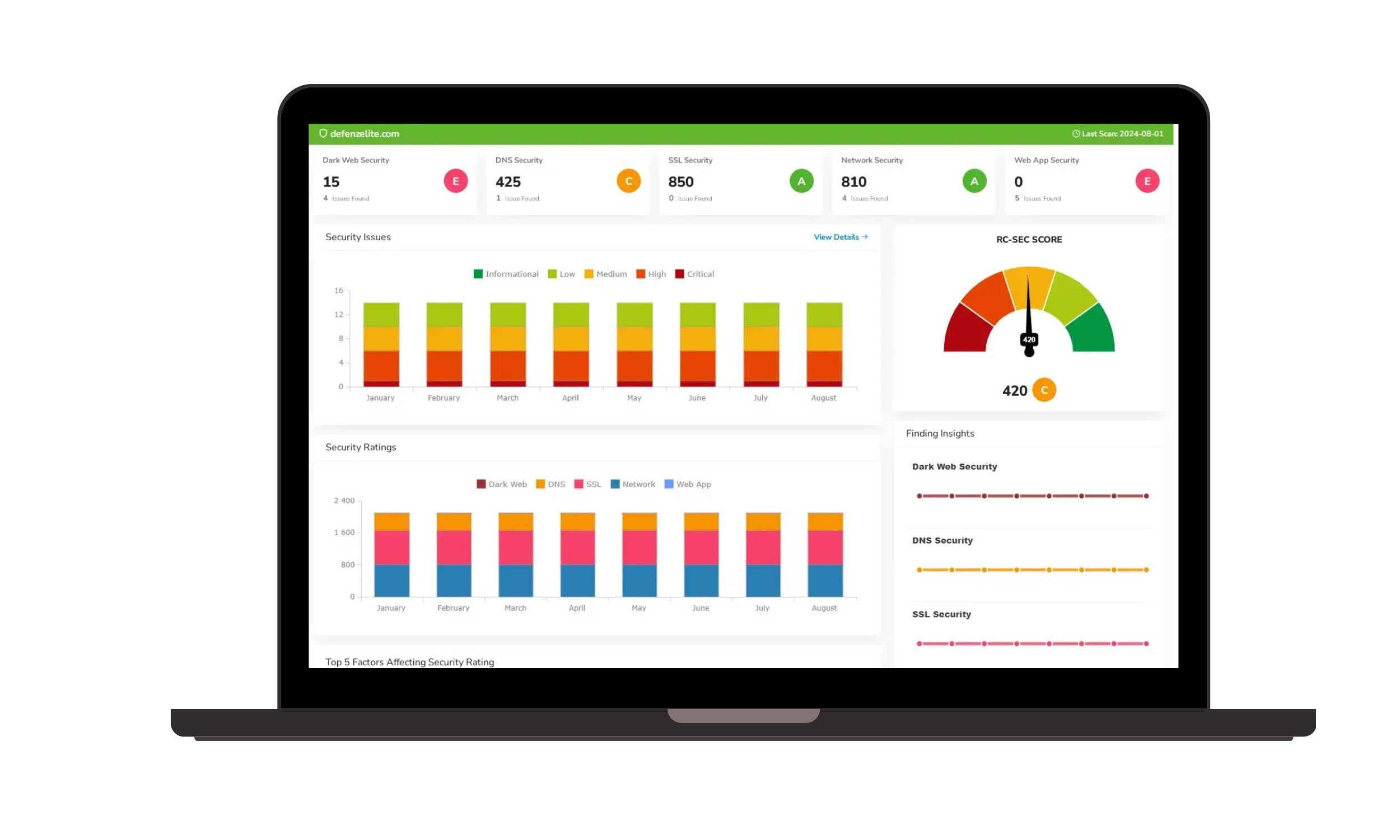 GRC and Attack Surface |
Artificial Intelligence | |
Key Risk Cognizance Compliance Features
- Centralized Compliance Dashboard: Monitor and manage compliance across multiple frameworks (e.g., GDPR, HIPAA, ISO 27001) from a single, intuitive dashboard.
- Automated Compliance Assessments: Conduct automated assessments to quickly identify gaps and ensure alignment with industry standards and regulations.
- Regulatory Updates and Alerts: Stay informed with real-time updates on relevant regulations and receive alerts on changes that could impact your organization.
- Customizable Compliance Templates: Utilize pre-built templates for various compliance standards to simplify reporting and streamline documentation.
- Policy Management and Enforcement: Create, distribute, and enforce policies with ease. Track compliance with these policies and automate workflows for approval and review.
- Audit Trail and Reporting: Maintain a comprehensive audit trail of all compliance activities, making it easy to generate reports for internal audits or regulatory reviews.
- Risk Assessment and Prioritization: Identify compliance risks, assess their impact, and prioritize actions using built-in risk assessment tools.
What Compliance Involves
GRC compliance involves implementing structured procedures and controls to ensure that business activities meet regulatory requirements. For example, a compliance officer at a software company may use Risk Cognizance’s automated assessment tools to monitor and validate GDPR adherence.
Why Compliance is Important
Effective compliance management helps organizations mitigate risks, avoid legal issues, improve operational efficiency, and reduce costs. It ensures that business processes are aligned with legal requirements and industry standards, providing a foundation for ethical business practices and strategic decision-making.
How Compliance Works
Compliance is not a one-time effort but a continuous, integrated process that should be part of an organization’s daily operations. With Risk Cognizance’s centralized platform and automated features, businesses can manage compliance seamlessly and respond proactively to changes in the regulatory landscape.
Consequences of Non-Compliance
Failure to meet compliance obligations can result in severe financial penalties, legal repercussions, operational disruptions, and reputational damage. Organizations may face fines, legal battles, and loss of customer trust if they do not prioritize compliance. Risk Cognizance’s robust compliance management system helps mitigate these risks by ensuring that compliance remains a top priority.
Which security framework is used the most?
The most commonly used security compliance standards are ISO 27001 and 27002, alongside NIST's Cybersecurity Framework. These frameworks operate as global standards and are used in almost all jurisdictions. PCI-DSS standards are routinely used by global e-commerce companies. And GDPR privacy frameworks are widely used to secure private data.
These regulatory compliance frameworks provide a roadmap that helps you navigate the intricate maze of regulations while ensuring your security practices remain robust. The result? A strengthened security posture, reduced compliance-related stress, and the ability to focus resources on addressing the unique aspects of each regulation. It's a win-win strategy that will empower you to excel in cybersecurity while maintaining compliance with less friction.
Request Callback

